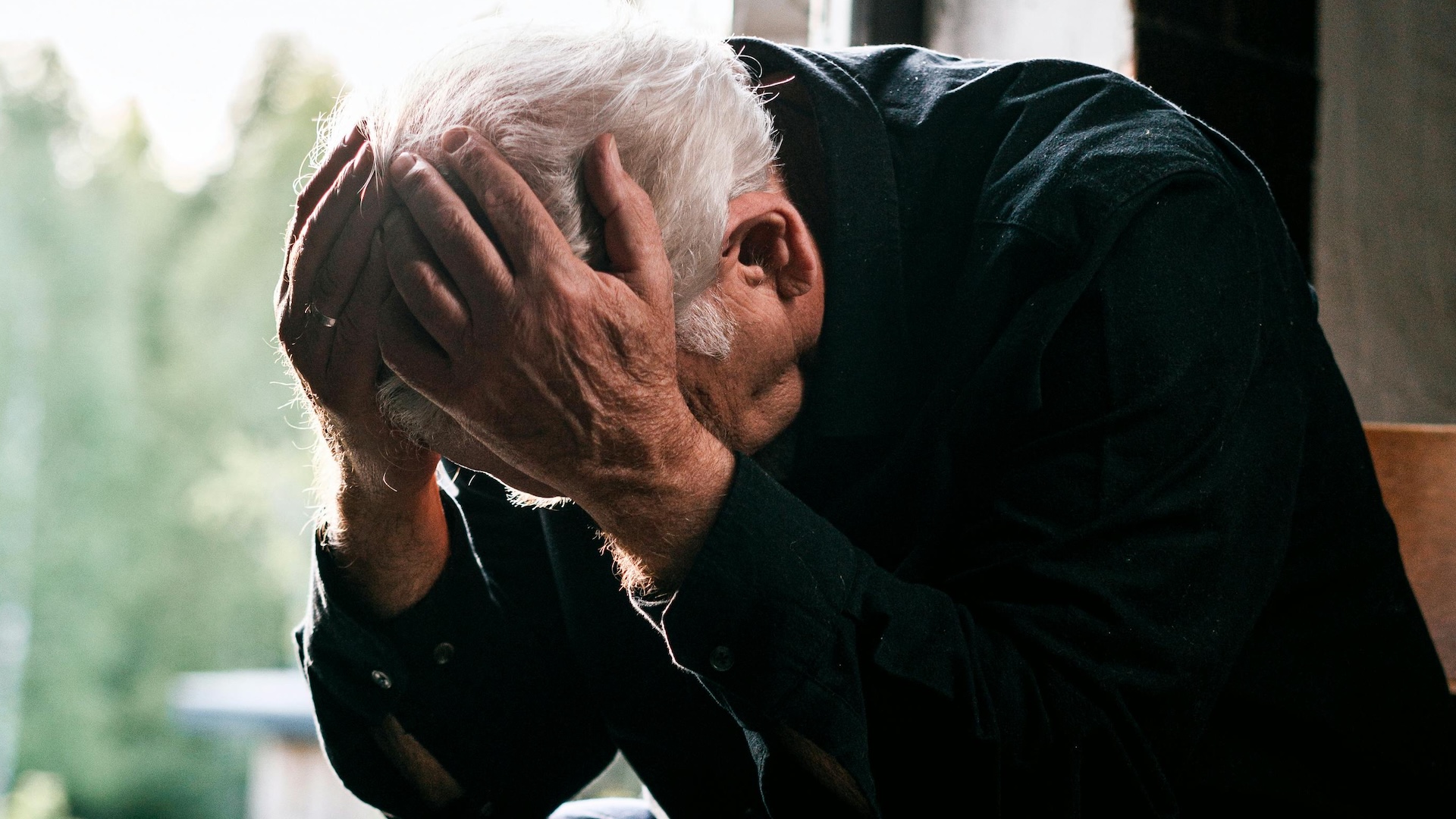We’d all like to enter later life with an adequate income that provides a stable home, a well-balanced diet, covers the essential bills and allows for an active social life. But this isn’t the reality for far too many older people. There are currently 1.9 million older people living in poverty across the UK. That’s 16% of the older population. This is too high. In a fair and just society, nobody should be left behind as they age.
In Independent Age‘s new report, Too Little, Too Late, we found that too many older people are living on incomes that do not even cover the cost of basic essentials, like food, water and energy.
Even those who receive what they are entitled to are struggling – 20% of older people who receive pension credit are still living in poverty, and the social security system is failing to support everyone in need – as eligibility thresholds are set too high, and amounts are set too low.
- Bill Gates is giving away his £150bn fortune – and we think we know how to spend it
- Should tenants get two-months’ rent compensation from their landlord when they’re evicted?
- ‘Living is expensive’: DWP winter fuel cuts forcing pensioners to choose between heating and eating
There are up to 700,000 older people facing financial hardship who are ineligible for means-tested financial support. Many describe life on a low income as ‘limiting’, ‘joyless’ and ‘like another lockdown’ – these are heartbreaking findings.
Eight in 10 people aged 65 told us they would not be able to afford essentials if they had to rely solely on the state pension, which is £230.25 per week. Across the whole state pension system, around four million people receive less than the full amounts. This has created a crisis in confidence around the state pension and social security system, with many believing it will not enable them to live well in later life if it’s all they have.
Through our research, we show why certain groups are at greater risk of entering later life with an inadequate income, including societal and structural reasons.





